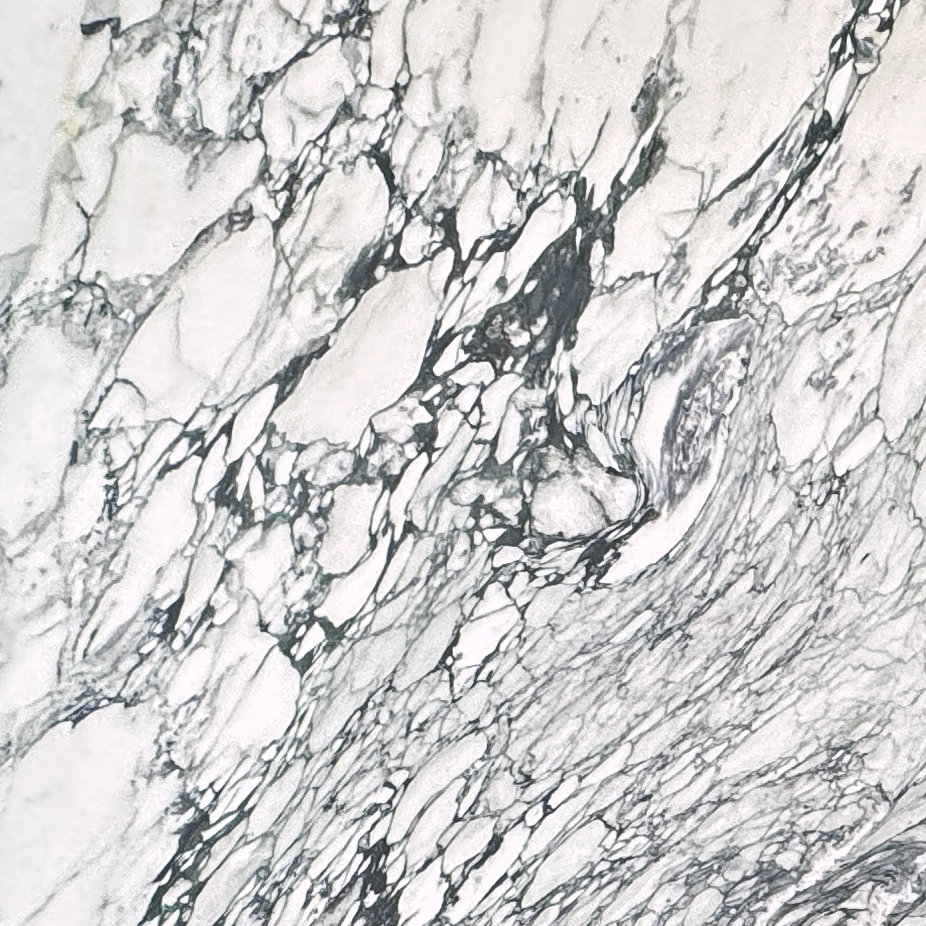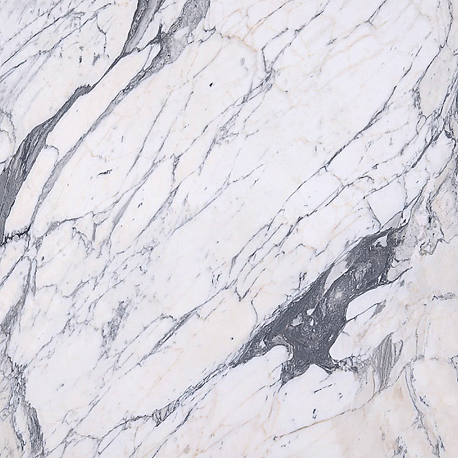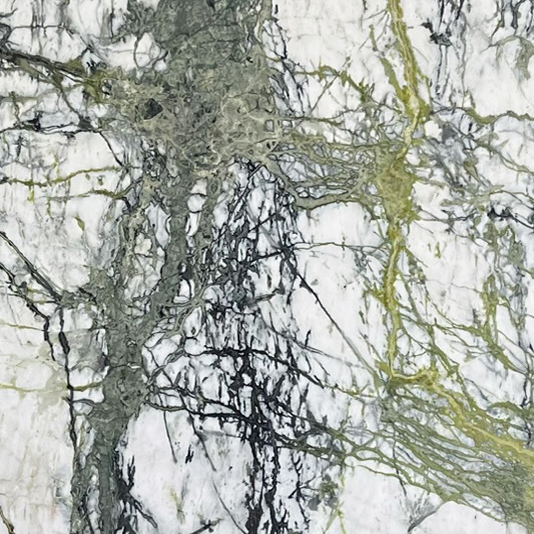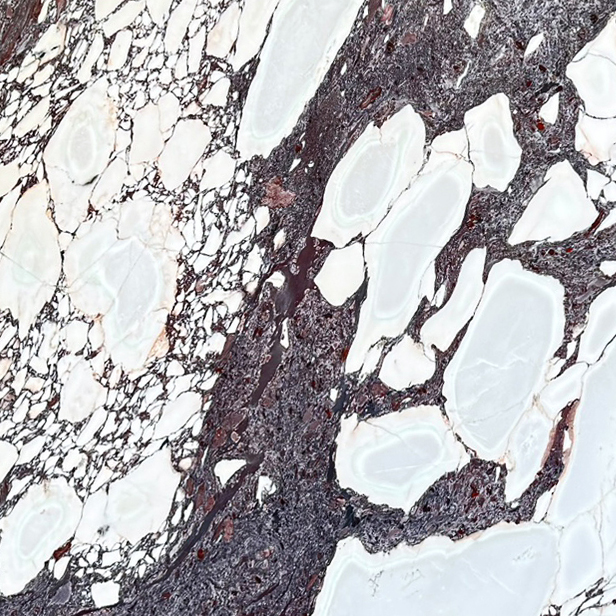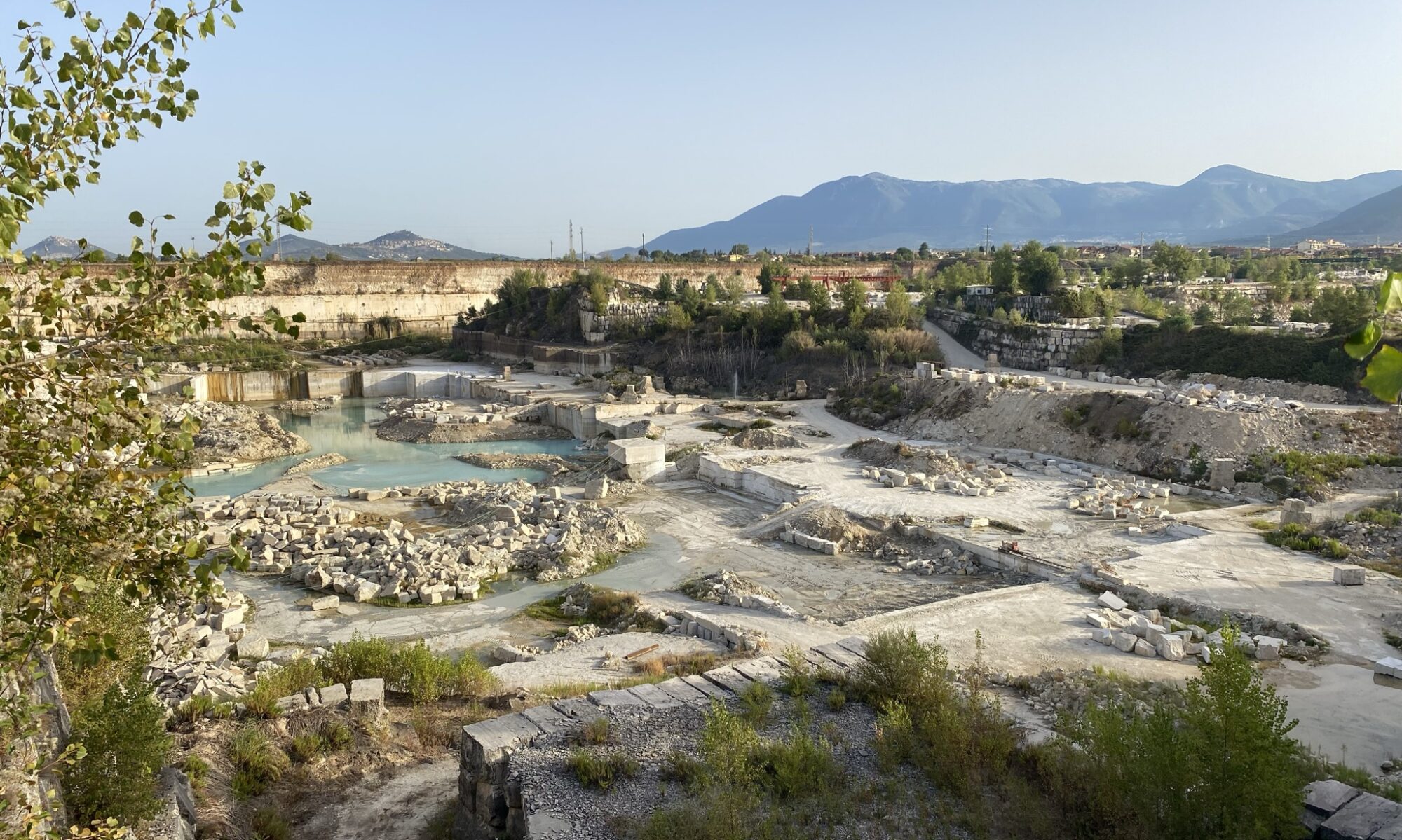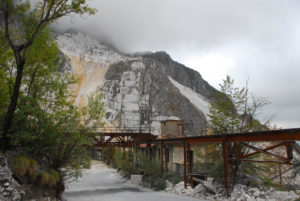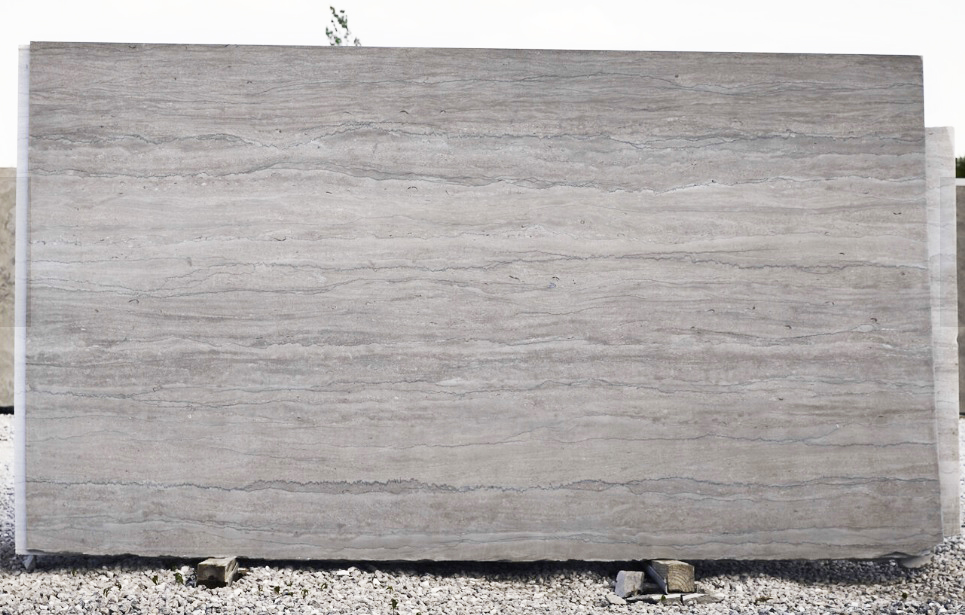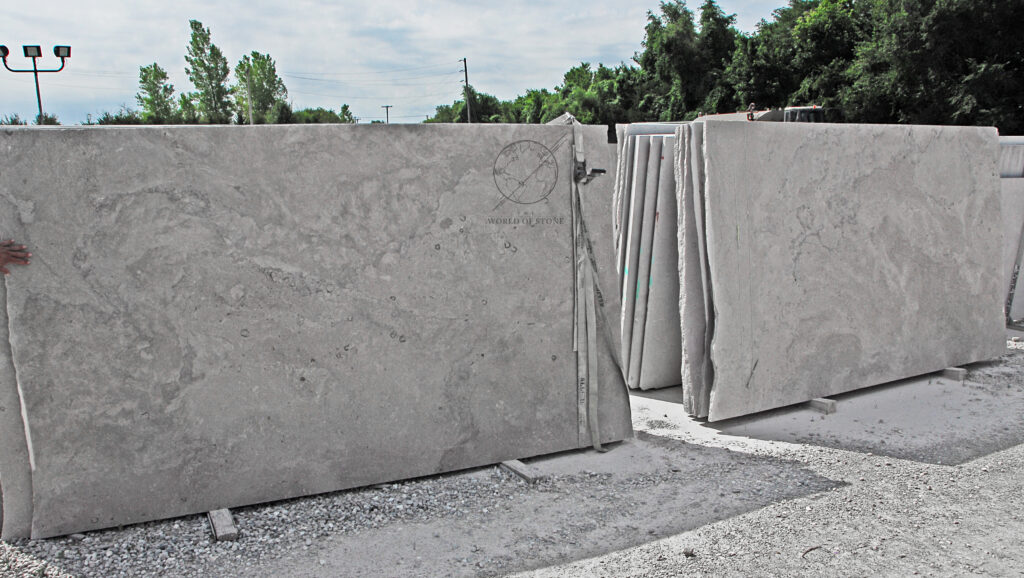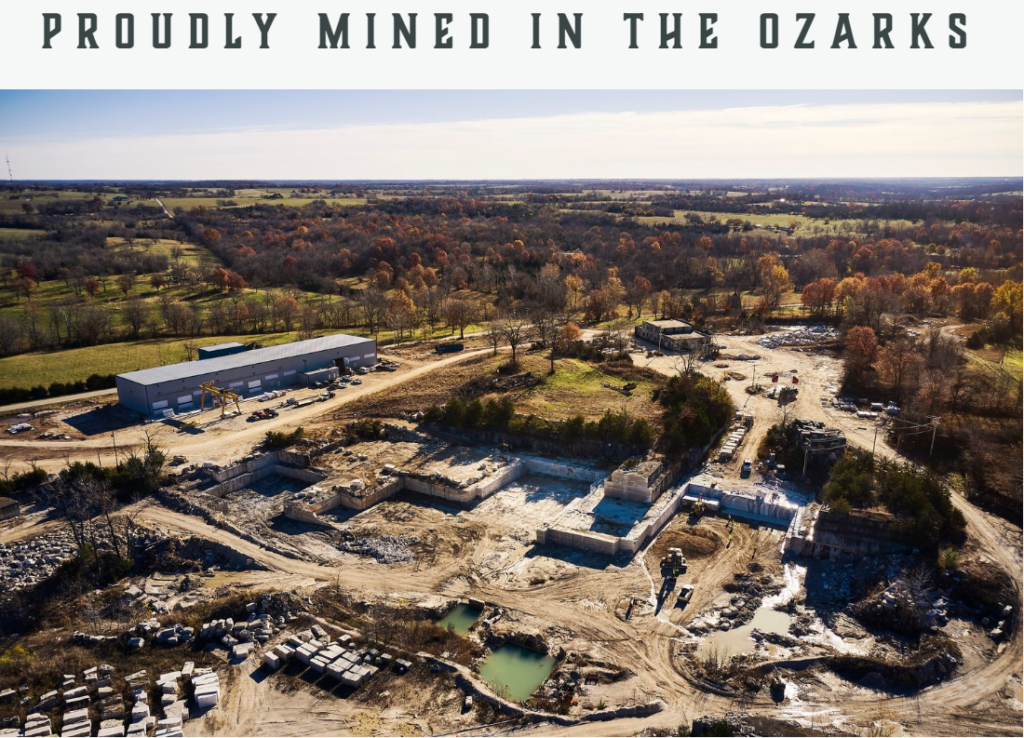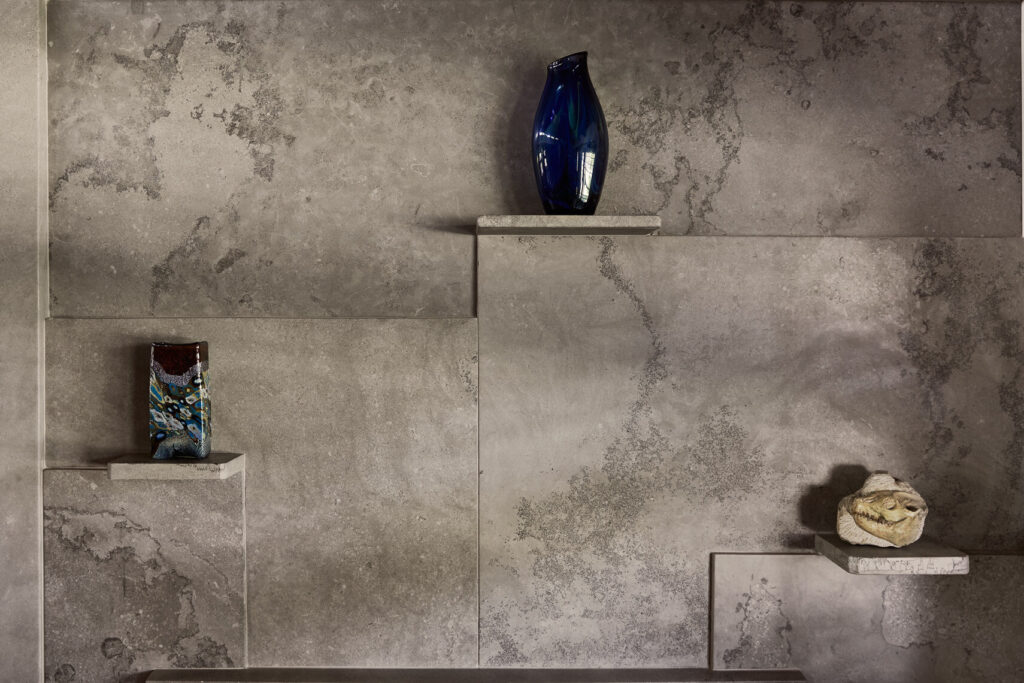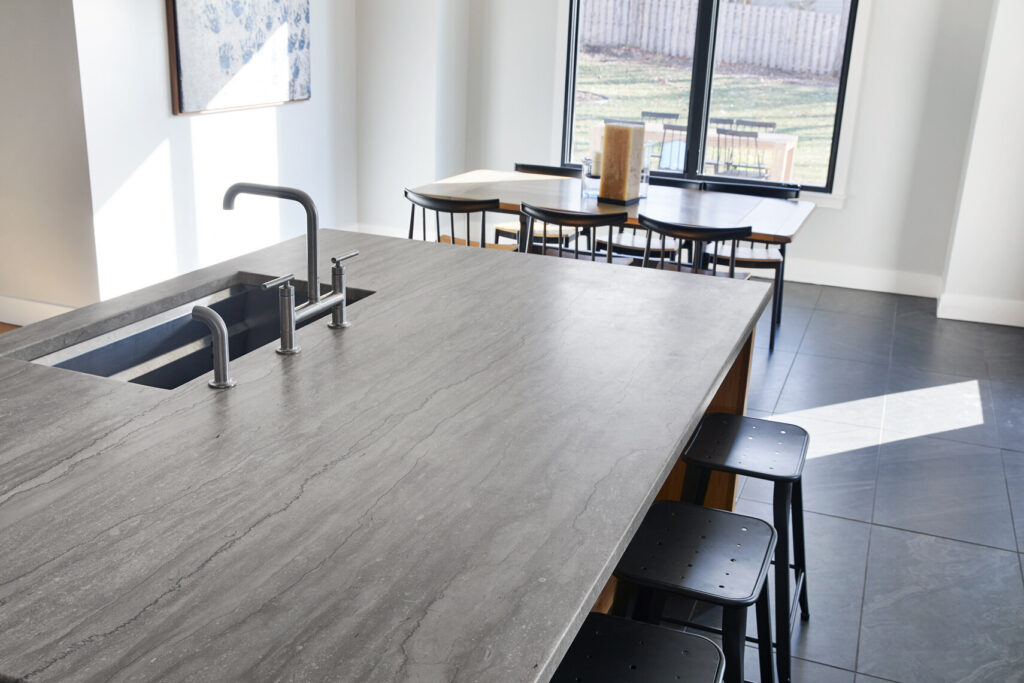The World of Stone, located in Van Nuys, California, is a premier destination for those seeking high-quality natural stone products for luxury residential projects. Established with a vision to blend nature’s beauty with modern design, we have grown to become a trusted name in the stone business.
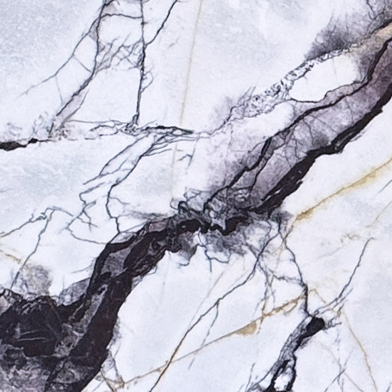
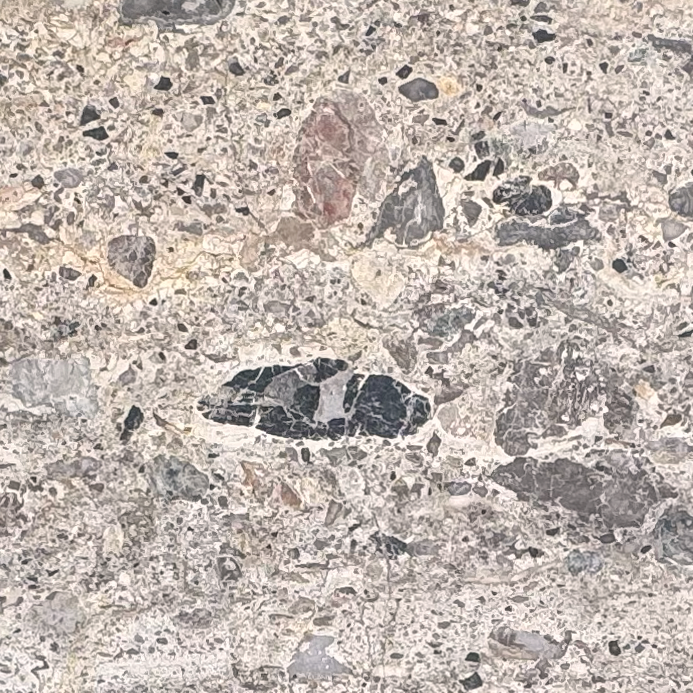
At the heart of The World of Stone is an extensive selection of natural stones sourced from quarries around the world. Our offerings include marble, granite, travertine, limestone, quartzite, and onyx, among others. Each piece is selected for its unique patterns, colors, and durability, ensuring that clients have access to the finest materials for their projects. Whether it’s for countertops, flooring, wall cladding, or outdoor landscaping, The World of Stone caters to a wide array of design needs.
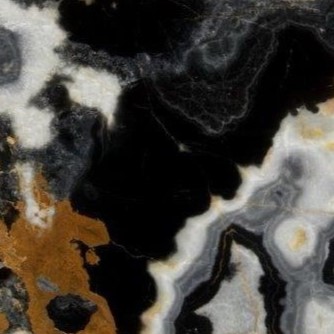
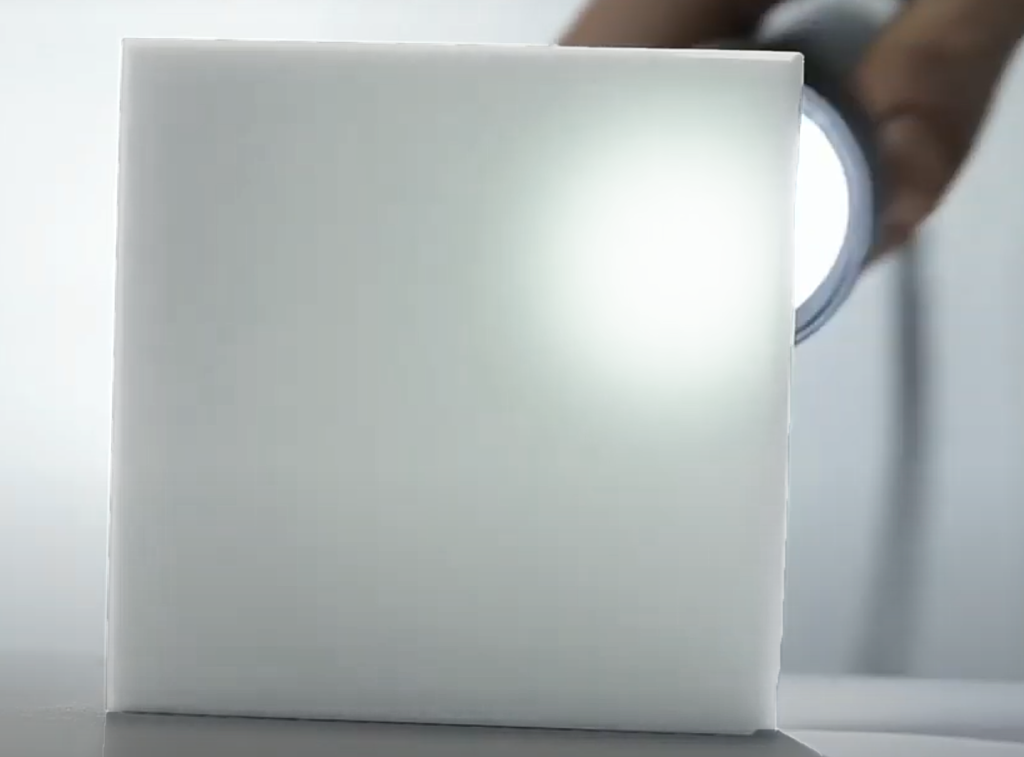
Riley is an expert in stone and proper stone applications as well as maintenance (ideally preventative) methods and techniques. With over 30 years in the stone business there’s little he hasn’t seen. We work closely with architects, designers, and homeowners to realize custom designs that fit each project’s aesthetic and functional requirements. Offering comprehensive services from material selection to installation referrals, providing guidance on everything from stone care to the latest trends in stone applications.
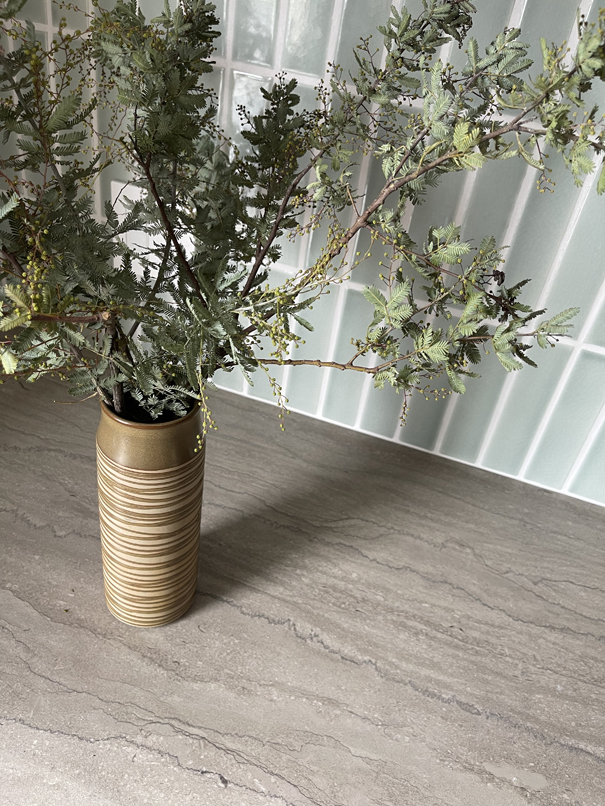
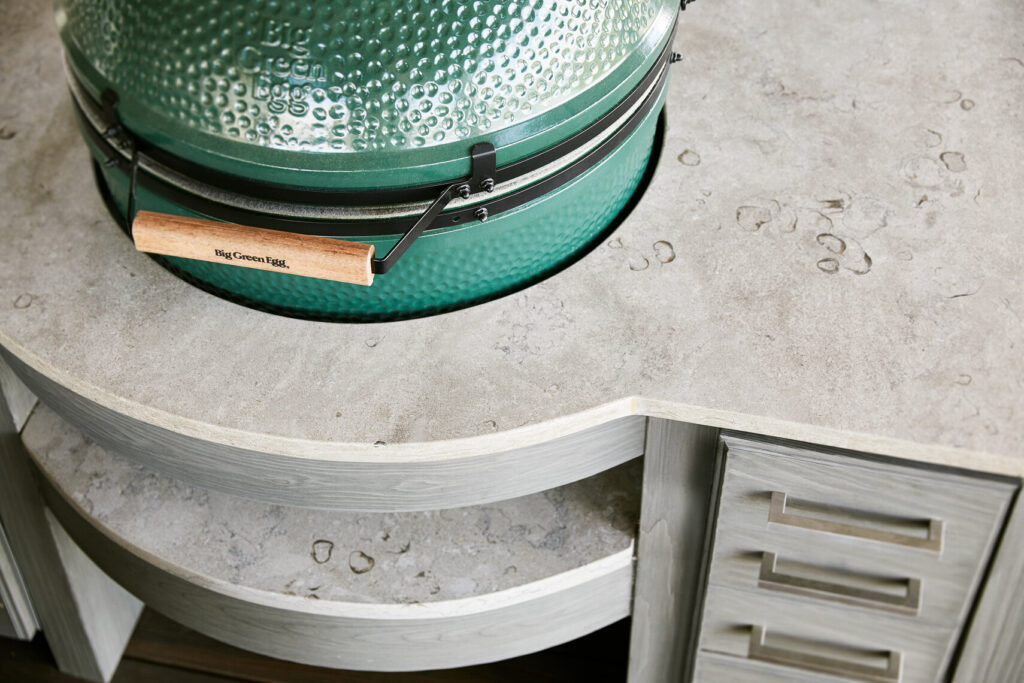
The showroom in Los Angeles is not just a store but an experience, designed to inspire. Visitors can see, touch, and feel the textures and colors of various stones, helping them visualize how these natural elements can transform spaces. With a reputation for excellence, The World of Stone continues to be a go-to source for those looking to incorporate the timeless beauty of stone into their environments.
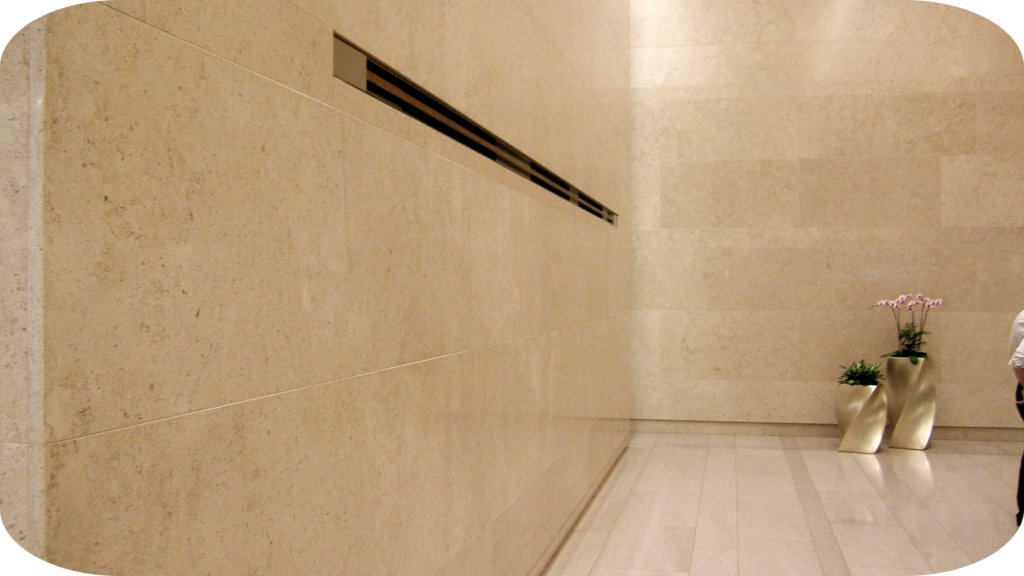
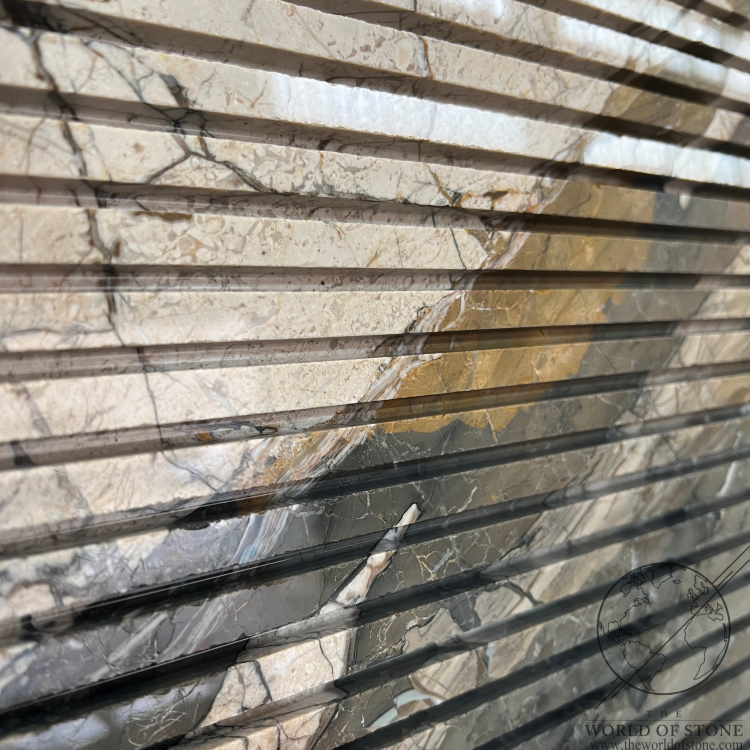
Sustainability is a core principle at The World of Stone. They are committed to environmentally responsible sourcing and practices, ensuring that their operations do not just meet but exceed industry standards for sustainability. This includes careful selection of suppliers who adhere to ethical mining practices and the promotion of stones that require minimal maintenance, thereby reducing environmental impact over time.



Discover premium white marble slabs in stock in Los Angeles at The World of Stone, your trusted natural stone supplier in Van Nuys. Explore an exquisite selection of pure white varieties like Thassos Extra and Nestos White from Greece, featuring bright, clean backgrounds with subtle veining for timeless elegance. Perfect for kitchen countertops, bathroom vanities, flooring, and luxury accents, these high-quality white marble slabs are readily available for immediate selection and quick delivery across the greater Los Angeles area. Visit our showroom today to experience the sophistication of these imported stones and elevate your residential or commercial project with enduring beauty and craftsmanship.
